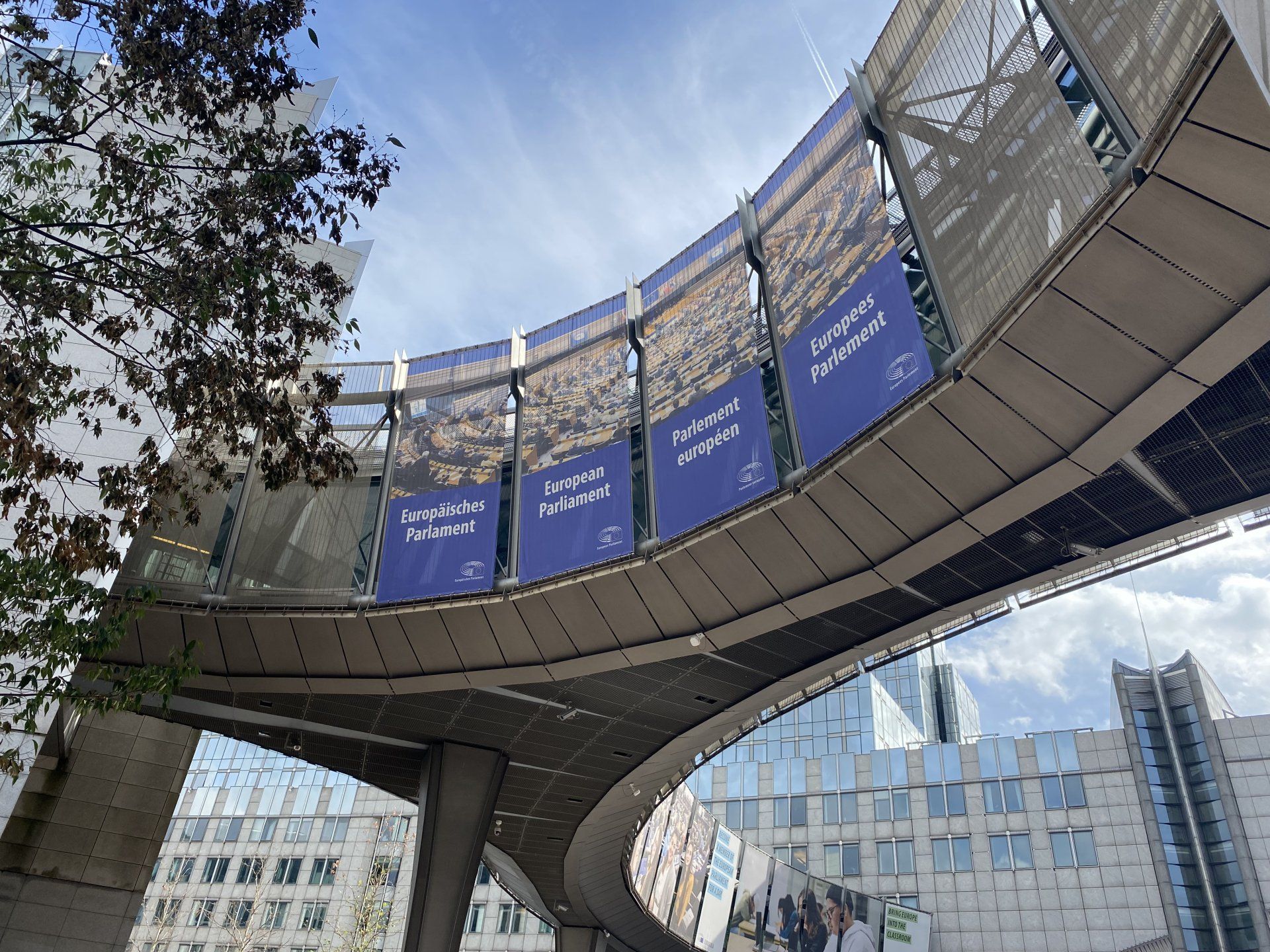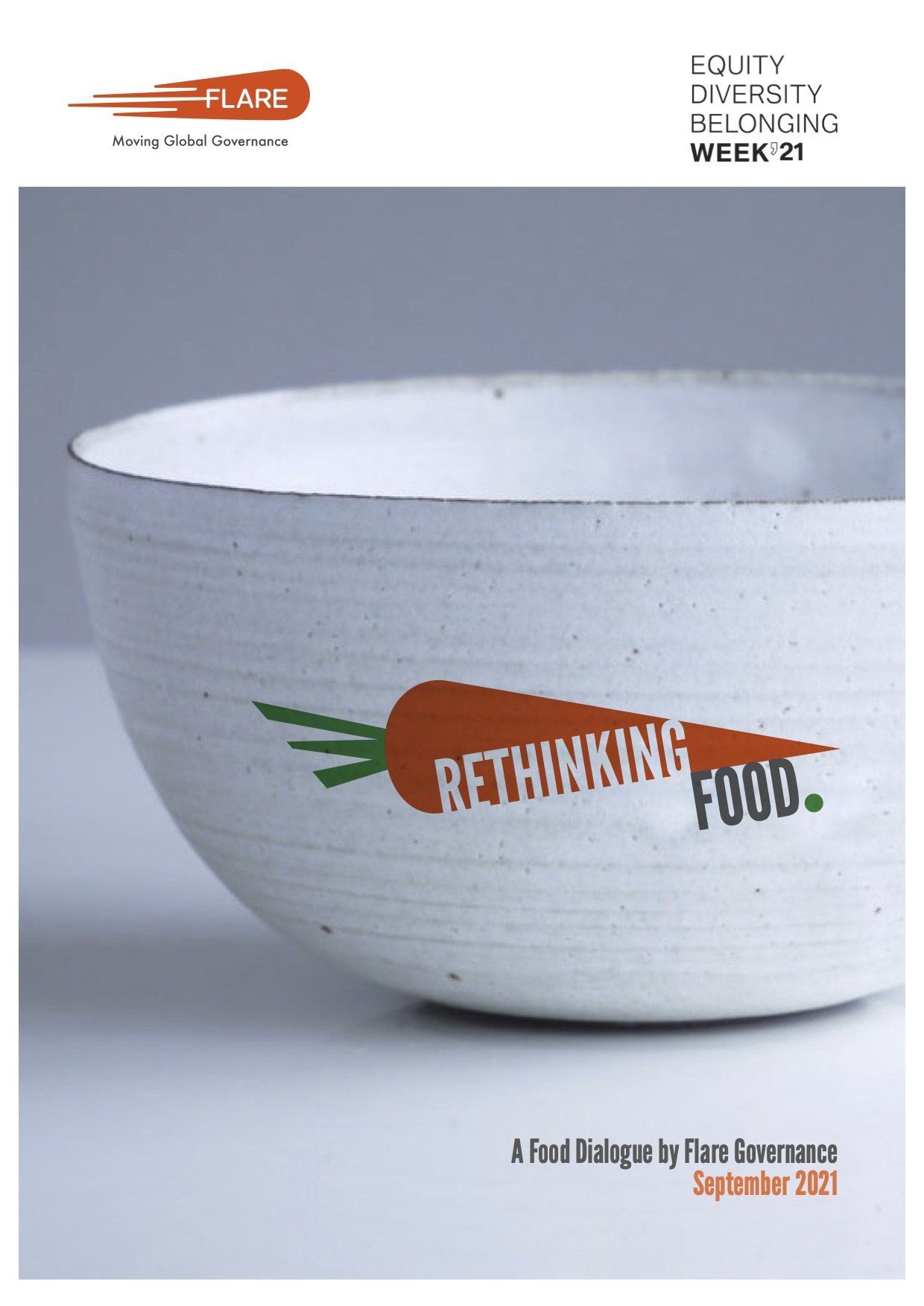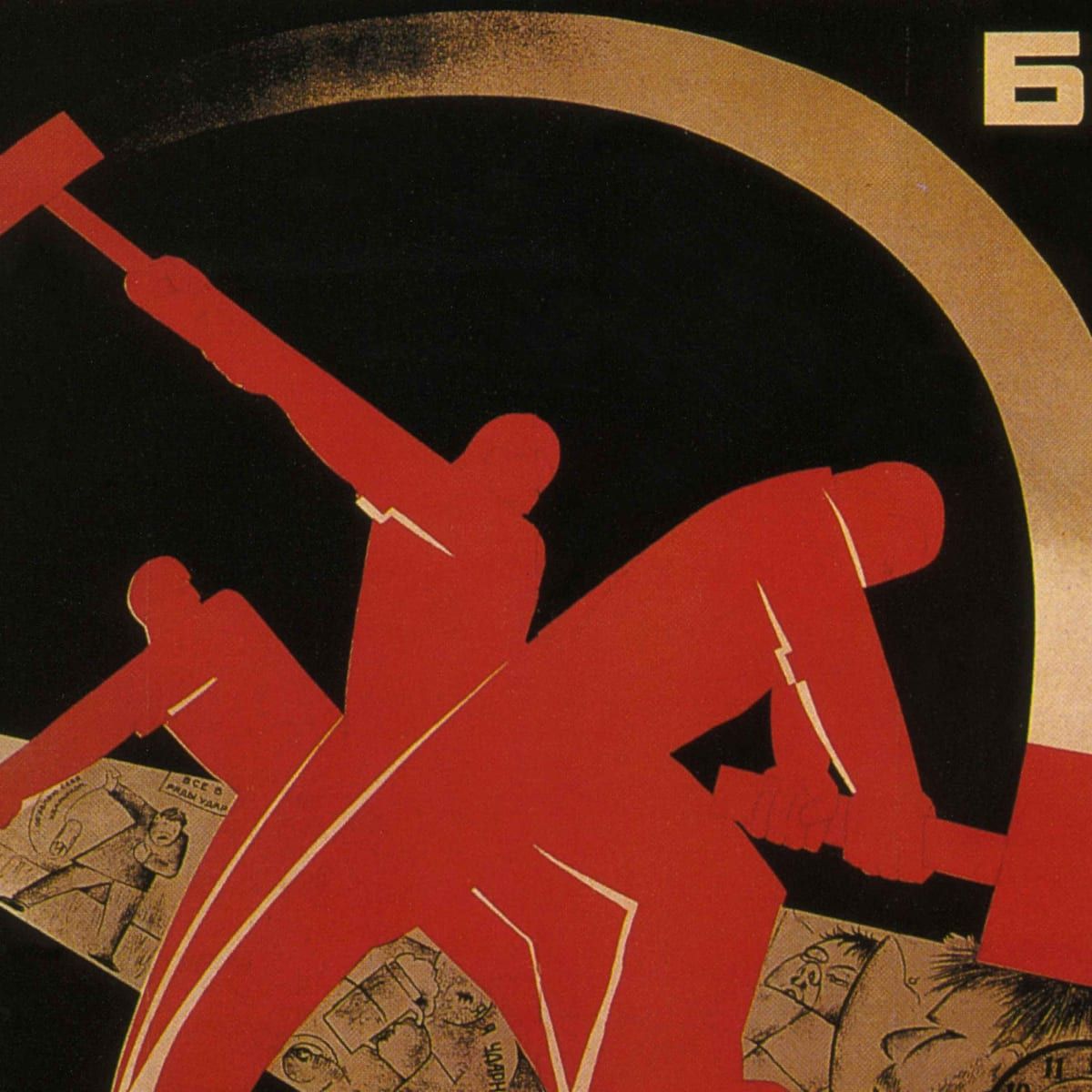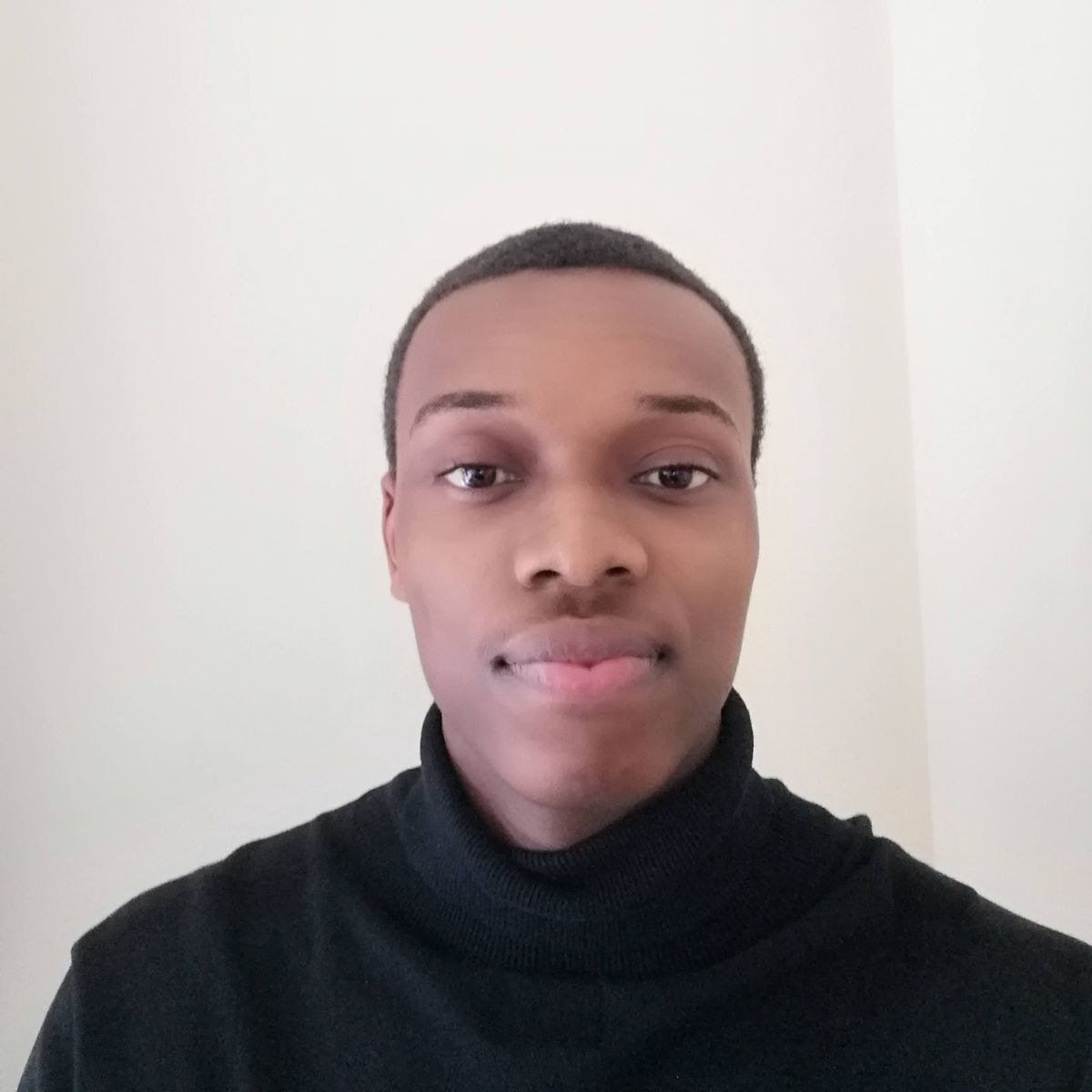Differences that matter

By Ella Myers
Earlier this month, I attended a couple of committee meetings at the European Parliament. As an intern for Flare, I was incredibly excited to get this opportunity to see the inner mechanisms of the Parliament. Walking into the committee on Women’s Rights and Gender Equality, I knew that this was the place where European women were represented. It felt like this was where the change happened.
I was immediately jolted by the intensity of the debate. An MEP began by summing up the findings of a report on women’s rights but soon began to rail against the presence of trans women in women’s spaces. Her incendiary outburst provoked a reaction from more liberal MEPs. The committee room began to resemble a spat on Twitter. Everybody assumed their roles. The conservative MEP raised her voice, made overarching and provocative statements. The liberal MEP called for the Chair to report hate speech, the conservative MEP’s staff clapped her tirade and the Chair had to admonish MEPs multiple times.
Meanwhile, all other topics went largely untouched as a result of this all-consuming debate. I left the meeting feeling dismayed. Even at the highest level, these topics were preventing discussion and collaboration, consuming all the air time. Many MEPs pointed out that the committee was not addressing the treatment of female civilians in Ukraine, due to the time spent on one single issue. Trans rights are incredibly important but trans women make up an incredibly small sector of the population. I wondered why there was seemingly no room to discuss other topics.
I was reminded of a conversation I had with my sister earlier that year. She had been complaining about the fact that all of the candidates for the British Prime Ministerial race had been asked about trans rights, when she didn’t think they were being asked enough questions about the cost of living and the energy crisis. I had understood where she was coming from but felt it was a question so often asked because it was highly indicative of where people stood on the political spectrum.
Trans rights have become one of the most divisive topics in contemporary politics. It is one of the biggest talking points because it reflects so many of our own opinions – on the individual vs the group, on our understanding of gender, on our understanding of feminism and on what we see as normal and correct in our society. The issue of trans rights provokes incredibly strong reactions from people – so clearly, it is an important issue and one that needs discussing.
The problem is, however, that whenever people with even slightly different views discuss the issue of trans rights, it can quickly dissolve into a total impasse. Accusations are thrown, feelings are hurt and any productive debate soon becomes impossible. Just like in the committee meeting, people quickly assume their roles, both believing the other person to be the one preventing any fruitful debate. In many ways, this is understandable. It’s an incendiary topic, one that gets down the core of many of our beliefs. Many women feel that their own rights are under threat, many queer people feel the same. Even those who are neither female nor transgender feel either bewildered at what represents a significant change to social norms or deeply angered at what they see as discrimination.
Yet it is the very difficulty of this conversation that makes it so important. In that committee room, those pointing out that we needed to discuss the women of Ukraine were correct. Of course they were. However, I find it unlikely that there would have been deep disagreement over the way in which to respond to the persecution of Ukrainian civilians. Moreover, if we are unable to collaborate because of deep fissures caused by debates over issues like trans rights, then this will have a knock-on effect when we come to discuss our collective responses to emergencies. It is the most painful things that we need to address as a collective, because they represent the greatest threat to our unity and to our capacity to act together.
It is in these spaces, where the deepest disagreement exists, that the true struggle lies. Because overcoming our differences, collaborating with people when it would be easy to walk away from the table, is what is necessary for truly collective action, which is so fundamental for progress. Trans rights might seem like a fringe issue but when a topic is capable of stalling an entire room of MEPs and preventing discussion then we know we must dig deeper, in order to prevent an unbridgeable rift from forming. We must resolve what divides us, rather than focusing solely on topics that we can all agree on. If we fail to address our most incendiary issues, then sooner or later, universal collaboration will become an impossibility. So, whether we like it or not, we must spend time discussing these issues that seem so impossible to resolve. This is where the true struggle lies.
Flare Blog










